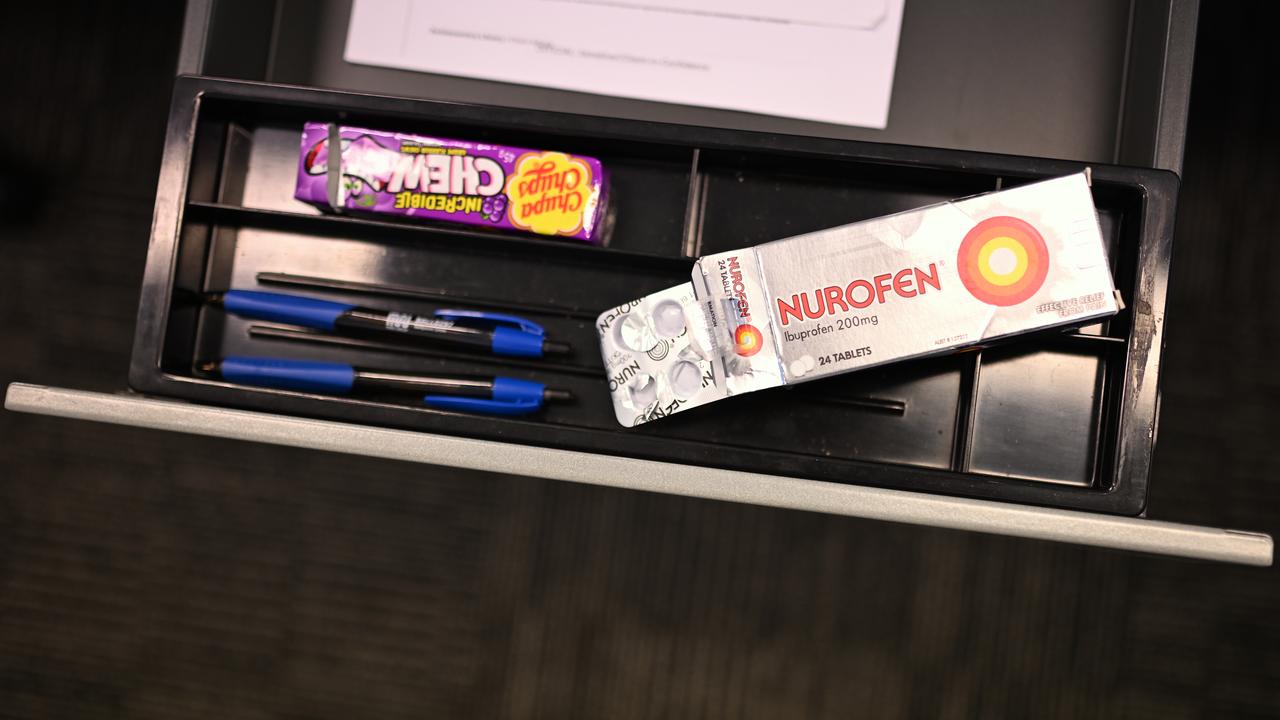
Parents grabbing over-the-counter medicine to help their children is causing a startling number of hospital visits, researchers say.
Almost 100 children and teenagers are being taken to emergency departments every day after taking over-the-counter medicines such as paracetamol and antidepressants.
At least half of these visits are preventable due to being accidental or intentional overdoses or adult-only medication, University of South Australia researchers said.

The Royal Children's Hospital emergency medicine director says intentional overdoses can be particularly concerning.
"(Paracetamol) is one of the scary medications where early on, there may be very minimal symptoms," Stuart Lewena told AAP.
"It's only going to be when the paracetamol is starting to cause damage to the liver (when) we'll start to see symptoms of nausea, vomiting and abdominal pain."
In the case of accidental ingestions, he said parents and carers can be "flustered, anxious, worried about the error they've made", delaying treatment.
"We've spent a lot of our time decreasing how confronting they're finding it," he said.

Dr Lewena said hospitals are stretched and urged parents to keep medication out of children's reach.
Parents should particularly keep an eye on prescription medications as one tablet can cause harm to children.
"Kids are incredibly resourceful at getting to things that they know they're not meant to get to," Dr Lewena said.
"It's worthwhile having a discussion with your pharmacist or doctor to know ... 'how risky is this in my household?'"

Imaina Widagdo, who led the UniSA research, says more needs to be done to protect the health of children, who have more adverse reactions to medicine than adults.
"Unlike adults, children have developing bodies, which means they can respond to medicines differently than adults," Dr Widagdo said.
"Secondly, because medicines are rarely trialled with children, the doses, safety and efficacy of certain medicines may not be fully known or always accurate."
In February, the federal government changed the number of paracetamol tablets per pack from 20 to 16 in general stores and 50 in pharmacy medicine packs.
Lifeline 13 11 14
Kids Helpline 1800 55 1800 (for people aged 5 to 25)







